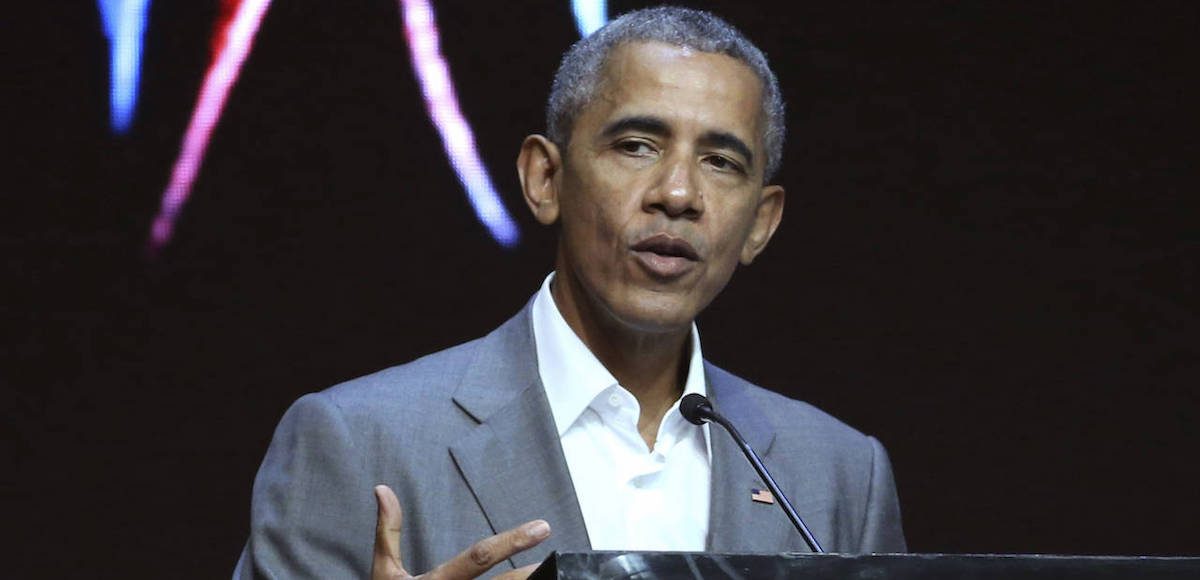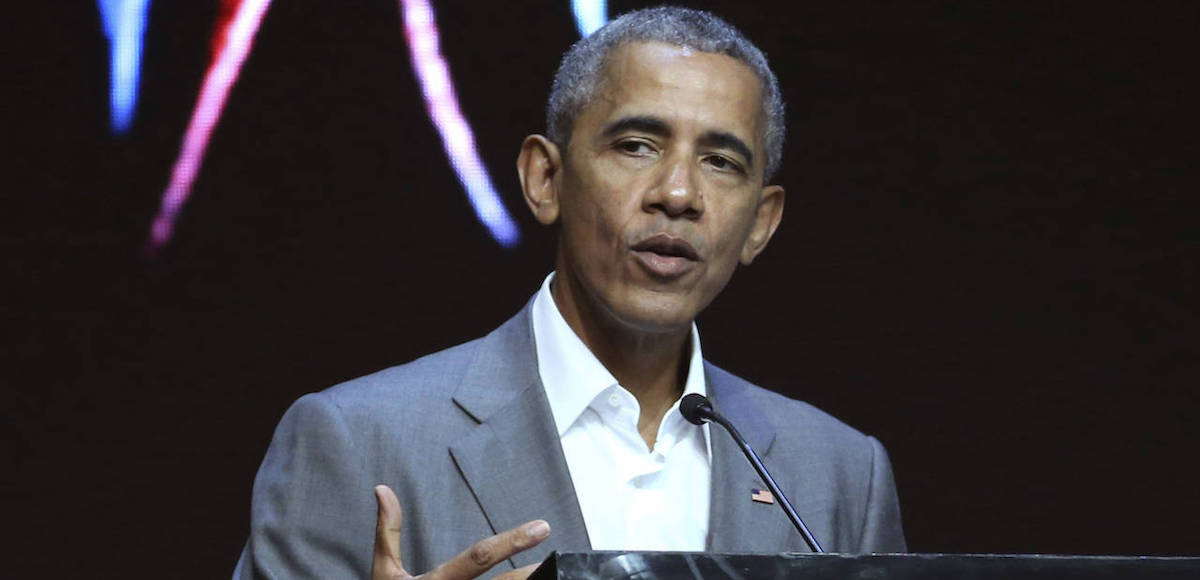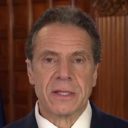

Former U.S. President Barack Obama delivers his speech during the 4th Congress of Indonesian Diaspora Network in Jakarta, Indonesia, Saturday, July 1, 2017. (Photo: AP)
When I gave speeches during Obama’s time in office, especially to audiences with a lot of Republicans, I sometimes asked a rhetorical question about whether they approved of presidents who increased spending, bailed out big companies, expanded the power of the Washington bureaucracy, imposed more red tape, and supported Keynesian stimulus schemes.
President |
Domestic Spending (Non-TARP) |
| Reagan | 0.6% |
| Clinton | 2.5% |
| Carter | 2.8% |
| Obama | 3.3% |
| G. W. Bush | 3.9% |
| H. W. Bush | 6.3% |
| Johnson | 6.5% |
| Nixon | 8.4% |
They understandably assumed I was talking about Obama, so they would always expressed disapproval.
I then would startle the audience (and sometimes make myself unpopular) by stating that I was describing economic policy during the Bush years.
To be sure, there were some differences. I would give Bush a better grade on tax policy. But Obama got a better score (or, to be more accurate, a less-worse score) on government spending. But the overall impact of both Bush and Obama, as confirmed by the declining score for the United States from Economic Freedom of the World, was a loss of economic liberty.
This bit of background is important because any analysis of economic policy during the Obama years reveals that “hope and change” somehow became “more of the same.”
At least for economic policy. When I examined the economic record of George W. Bush, there were a lot of items to include in the “anti-growth policy” portion of the bar chart, but not much for the “pro-growth policy” section.
And now that we’re doing the same exercise for the Obama years, we get a chart that looks very similar. The specific policies have changed, of course, but the net result is the same. Bigger role for the state, less breathing room for the private sector and civil society.
That’s a rather disreputable collection of policies, including the faux stimulus, the cash-for-clunkers boondoggle, the Dodd-Frank regulatory orgy, and the costly ObamaCare disaster. And it’s worth noting that the one good policy that occurred during Obama’s policy, the Budget Control Act and the resulting automatic budget cuts (a.k.a., sequester), happened over his strenuous (and silly) objections.
By the way, I don’t think that Obama and Bush share the same ideology. My guess is that Obama has a very strident left-wing mindset and that he was telling the truth when he said he wanted to be a statist version of Ronald Reagan. I’m quite relieved that he was largely ineffective in achieving his goals.
Bush, by contrast, presumably didn’t want to significantly expand the size and scope of the federal government. But lacking a Reagan-style commitment to principles of limited government, his administration largely surrendered to public choice-driven incentives that resulted in incremental statism.
The lesson for the rest of us is that people should be less partisan and more principled. A bad policy doesn’t become good simply because a politician belong to the “R” team rather than “D” team.
Anyhow, the bottom line is that Obama era moved America in the wrong direction. For what it’s worth, he wasn’t nearly as bad as Nixon. And if I do this same exercise for LBJ, Hoover, and FDR, I expect Obama won’t be as bad as them, either.
But wouldn’t it have been nice if he had been as good as Bill Clinton?






